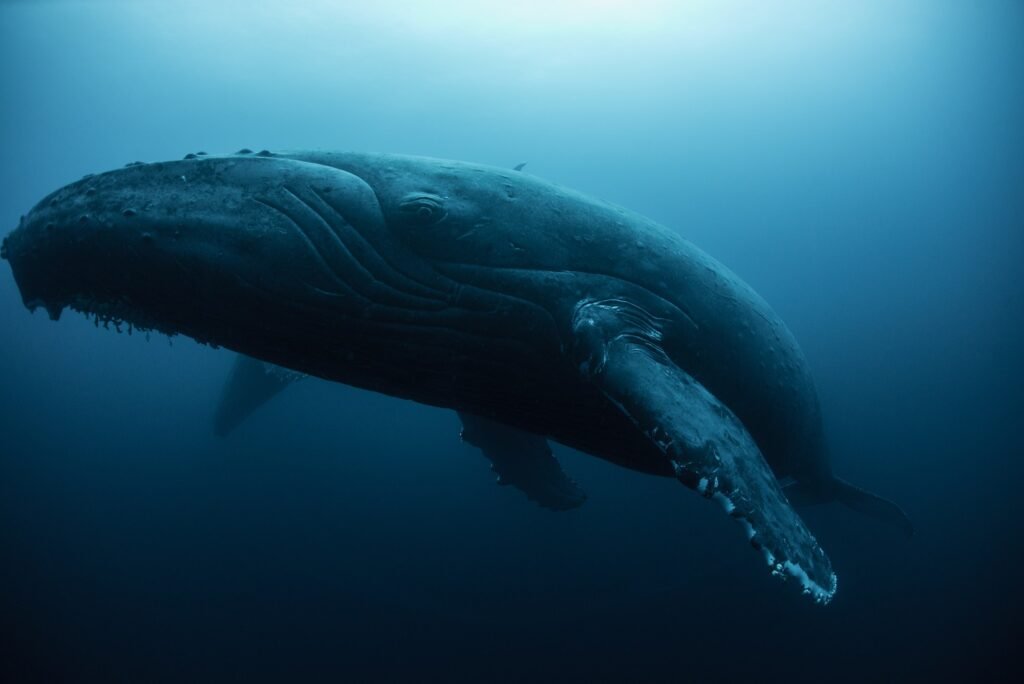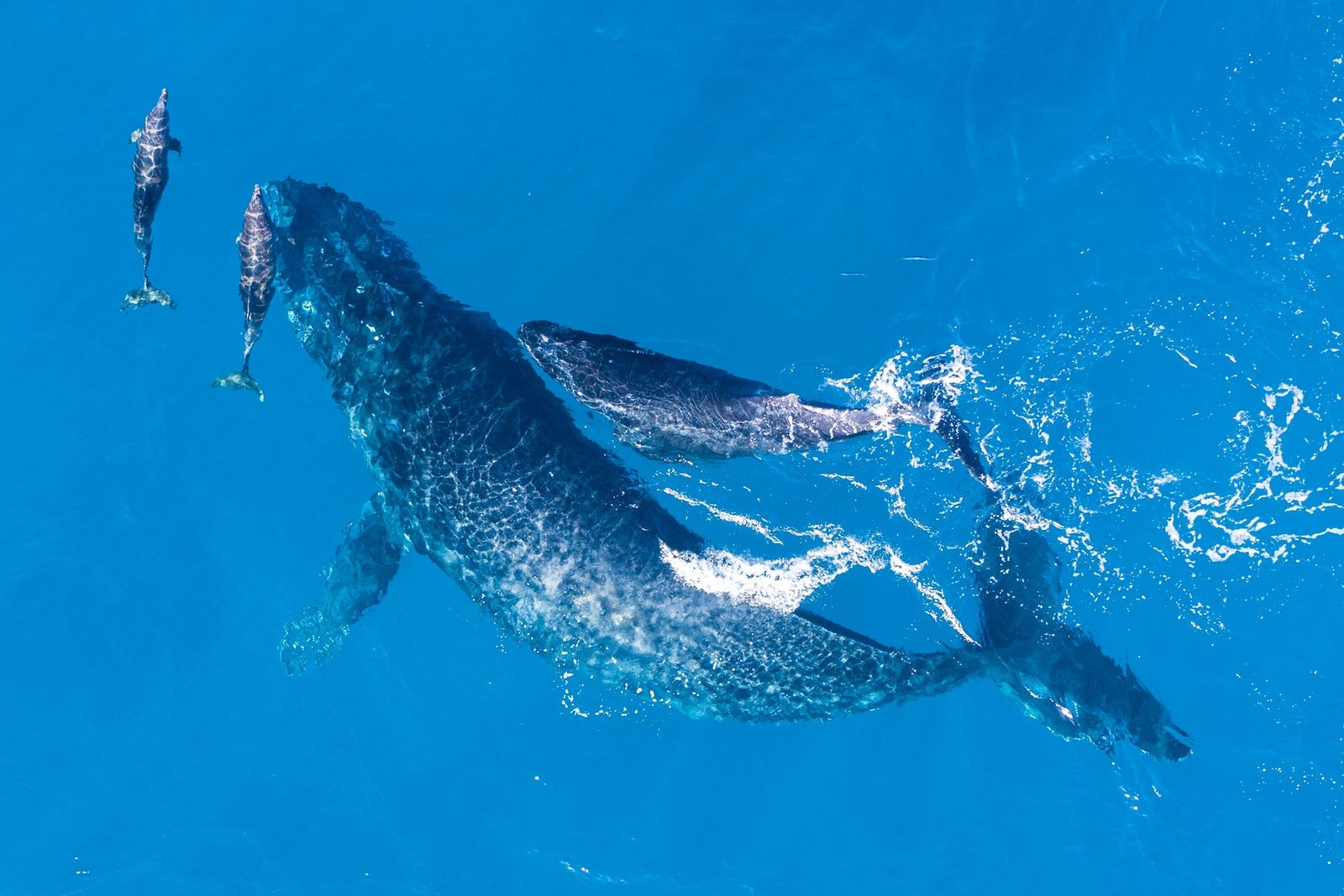Today, we dive deep into the ocean’s depths to unravel the mysteries of whale songs and what they reveal about these gentle giants’ cognitive abilities.
The vastness of the ocean hides many secrets, but perhaps none as enchanting as the melodies that echo through its depths. These are the songs of whales, intricate and haunting, that have captivated marine biologists, neuroscientists, and ocean lovers alike. But why do these majestic creatures sing? And what do their songs reveal about their cognitive abilities? Let’s dive deep into the world of whale songs and cognition.
The Symphony of the Seas
Whales, particularly humpback whales, are renowned for their complex and melodious songs. These songs can last for hours and are composed of a series of repeating themes. Each theme consists of a unique combination of wails, moans, and chirps. Intriguingly, the song’s structure evolves over time, with new themes emerging and old ones fading away.
A Language of Their Own?
While the exact purpose of these songs remains a mystery, several theories have emerged. Some scientists believe that male humpbacks sing to attract females during mating seasons. Others think that these songs play a role in establishing territory or communicating with other whales over vast distances.
Brainwaves and Melodies
The intricate patterns of whale songs suggest advanced cognitive abilities. Neuroimaging studies on whale brains have shown that the regions associated with auditory processing and communication are highly developed. This indicates that whales might not only produce these songs but also interpret and understand them on a sophisticated level.
Why Do Whales Sing?
The primary singers among whales are males, leading scientists to believe that these songs play a crucial role in mating rituals. Some theories suggest:
- Mate Attraction: The songs could be serenades to attract females. A complex song might indicate a healthy, intelligent, and genetically superior male.
- Territorial Claims: The powerful and far-reaching songs could serve as warnings to other males, marking territory during mating seasons.
- Navigation and Communication: Whales might use songs as a form of echolocation, helping them navigate the vast oceans. Additionally, songs could facilitate communication between distant whale pods.
Whale Songs and Cognition
The evolving nature of whale songs indicates a high degree of cognitive flexibility. Whales don’t just repeat songs; they learn and modify them. This ability to learn and adapt songs showcases:
- Memory: Whales remember song patterns and can reintroduce themes from previous years.
- Creativity: The introduction of new themes and variations suggests a level of creativity and experimentation.
- Social Learning: Whales in the same region sing similar songs, indicating that they learn from one another. This social learning is a hallmark of advanced cognitive abilities.
The Emotional Depth
Recent studies have also hinted at the emotional depth of whales. Their brains, especially the limbic system responsible for emotions, are highly developed. The intricate songs might not just be functional but could also express emotions, memories, and experiences.
Conservation and the Future of Whale Songs
As enchanting as they are, whale songs are under threat. Ocean noise pollution, caused by ship traffic and underwater drilling, interferes with whale communication. This disruption can lead to challenges in mating, navigation, and social bonding.
Protecting these majestic creatures and their songs is not just about preserving biodiversity. It’s about safeguarding a mysterious and profound expression of cognitive and emotional depth in the animal kingdom.

Conclusion
Whale songs are more than just melodies of the deep. They are a testament to the cognitive prowess of these marine giants. As we continue to study and understand them, we get a glimpse into the intricate and profound world of whale cognition, emotions, and social structures. And in doing so, we’re reminded of the intricate tapestry of life that thrives beneath the waves.
For more intriguing insights into nature’s mysteries, stay tuned to Burst My Brain – sign up for our newsletter and don’t forget to connect with us at Youtube, Facebook, Twitter and Instagram




+ There are no comments
Add yours